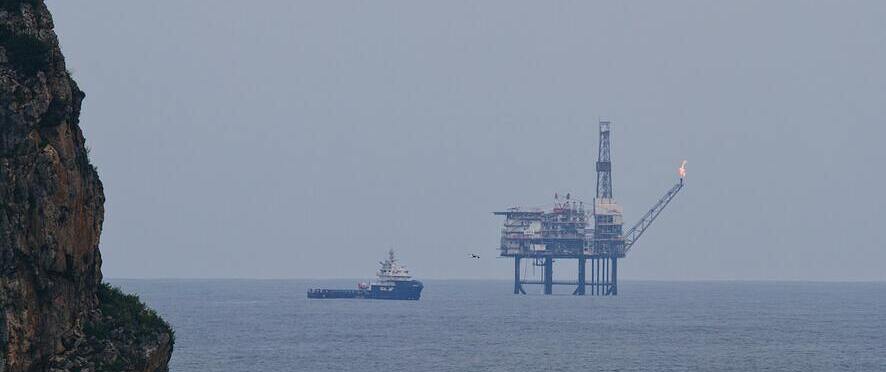Aramco CEO Anticipates Tighter Oil Markets, Cites Red Sea Risks

The CEO of Saudi Aramco stated that while global oil markets can handle short-term disruptions in the Red Sea caused by Houthi attacks on ships, prolonged incidents could lead to a shortage of tankers due to extended voyages and supply delays.
Amin Nasser, CEO of Saudi Aramco, mentioned to Reuters that he anticipates the oil market to tighten as consumers have depleted stocks by 400 million barrels in the last two years. He emphasized that OPEC‚s spare capacity remains the primary source to meet the increasing demand for additional supply.
Houthi attacks on ships in the Red Sea have compelled numerous companies to reroute cargoes around Africa. The Iran-aligned Houthis claim they are acting in solidarity with Palestinians amid Israel’s ongoing conflict with Gaza.
“If it’s in the short term, tankers might be available … But if it’s longer term, it might be a problem,” said Nasser in an interview on the sidelines of the World Economic Forum being held this week in the Swiss ski resort of Davos. “There will be a need for more tankers and they are going to have to take a longer journey”.
Container vessels are halting or diverting from the Red Sea, which leads to the Suez Canal – the quickest route from Asia to Europe, where around 12% of global shipping traverses.
Using the alternative route around South Africa’s Cape of Good Hope adds an additional 10-14 days to the journey, contributing to logistical challenges and potentially impacting global shipping schedules.
Aramco has the option to bypass the Bab al-Mandab strait near Yemen, where Houthi attacks originate, using a pipeline that links its eastern oil facilities with the western coast. This alternative route allows quicker access to the Suez Canal, providing a strategic solution to potential disruptions in the Red Sea.
Aramco’s CEO, Amin Nasser, stated that certain oil products may need to navigate around Africa due to Red Sea disruptions. Despite this, he expressed optimism, noting that he does not anticipate further attacks by the Houthis on Aramco’s facilities, citing ongoing peace talks between Saudi Arabia and Yemen.
SPARE CAPACITY
Amin Nasser, CEO of Aramco, projected oil demand to reach 104 million barrels per day (bpd) in 2024, indicating an estimated growth of around 1.5 million bpd. This follows a growth of 2.6 million bpd in 2023.
Nasser noted that the growth in demand, along with low stocks, will contribute to further tightening of the oil market.
According to Nasser, global stocks have contracted to the lower limit of a five-year average after consumers drew down offshore and inland reserves by 400 million barrels in the past two years.
“The only card available today is the spare capacity, which is around 3.5% globally. And as demand picks up, you will erode that spare capacity unless there is additional supply.”
Nasser mentioned that he couldn’t foresee when oil demand would peak or level off, given the shift in fossil fuel consumption from developed to developing countries, which are experiencing economic growth.
“There is good growth and demand is very healthy in China,” he said.
Aramco has invested in Chinese refineries, securing crude supply deals, and is engaged in further discussions, emphasizing the conversion of liquids into chemicals.
“There are not many refineries around the world that are fully integrated. China offers that opportunity and demand for chemicals is expected to grow, so it’s an attractive market,” Nasser said.
Risk Warning: CFDs are complex instruments and come with a high risk of losing money rapidly due to leverage. 80.38% of retail investor accounts lose money when trading CFDs with this provider. You should consider whether you understand how CFDs work and whether you can afford to take the high risk of losing your money.






